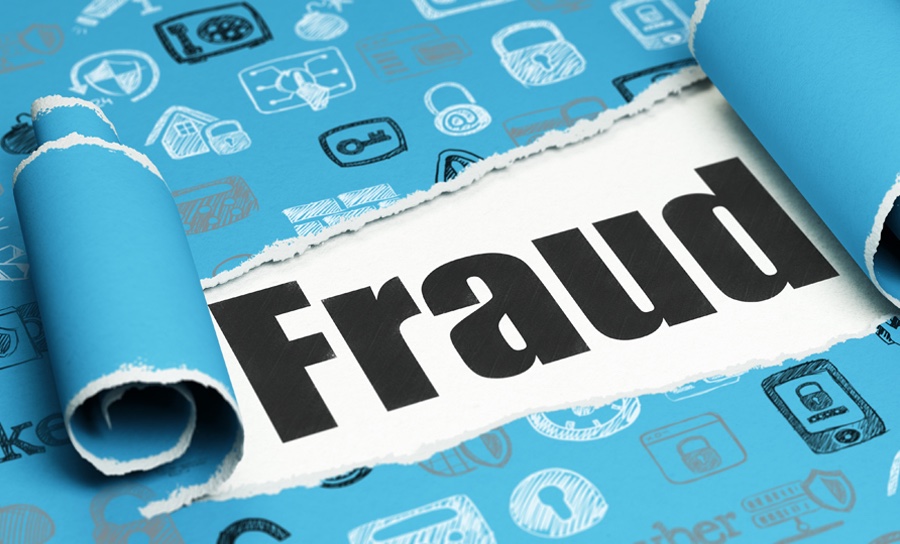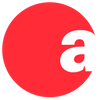 Veterans in the murky world of the Nigerian petroleum sector will tell you that the promoters of Lekoil Ltd (LON:LEK) are considered to be “serious people” and considering the perceived abundance of the alternative in the sector, the qualifier means a lot in Nigerian circles. Lekoil, an independent oil and gas exploration company was founded by Olalekan”Lekan”Akinsoga Akinyanmi, a Nigerian engineer who had cut his teeth at Schlumberger before moving over to the world of high finance working for the likes of UBS Investment Research and global asset management firm AllianceBernstein.
Veterans in the murky world of the Nigerian petroleum sector will tell you that the promoters of Lekoil Ltd (LON:LEK) are considered to be “serious people” and considering the perceived abundance of the alternative in the sector, the qualifier means a lot in Nigerian circles. Lekoil, an independent oil and gas exploration company was founded by Olalekan”Lekan”Akinsoga Akinyanmi, a Nigerian engineer who had cut his teeth at Schlumberger before moving over to the world of high finance working for the likes of UBS Investment Research and global asset management firm AllianceBernstein.
Lekoil following its founding in December 2010 had acquired promising oil blocks in Namibia and Nigeria and is a joint venture partner of Royal Dutch Shell on its Otakikpo operations, with an estimated production of 15,000 to 20,000 barrels of oil per day and in following in the manner of several successful companies over the years, had gone on to list on the junior AIM board of the London Stock Exchange in 2013.
The minor vagaries of business aside, all seemed well, especially in the first week of January 2020, when Lekoil announced that it had secured USD 184 million in funding for its OPL 310 operations in Nigeria from the Qatar Investment Authority (QIA).
Two weeks later, a terse announcement from the company indicated that the purported QIA investment did not exist and Lekoil had paid USD 600,000 to a little-known consultancy known as Seawave Invest who had connected them to bogus individuals masquerading as representatives of the QIA.
The fallout from this announcement was swift as the company lost close to 70% of its market capitalization and AIM-authorities proceeded to suspend Lekoil’s shares. While the financial damage might be crushing, the reputational damage on the other hand cut deeper, embarrassing Lekoil and its institutional investors such as South Africa’s Allan Gray Investment Management, IFM Independent Fund Management of Lichtenstein, Baron Capital Group of the United States and RWC Partners of the United Kingdom among others.
The situation was further compounded by the fact the another promising Nigerian company to list on the London Stock Exchange Afren Plc, had gone down in a corruption scandal and reputational flames only a few years ago.
It would seem somewhat obvious that comprehensive and enhanced due diligence on the part of Lekoil and its advisers might have saved the company from the embarrassment and resulting financial and reputational damage suffered. The red flags were evident, Seawave Invest and its promoters had no known industry credentials or record of securing the sort of sums promised to Lekoil Ltd and the Qatar Investment Authority’s plays in Africa had hitherto been well-established companies, with funds invested only a fraction of such companies’ capitalization.
Going along this line of QIA’s investment track record in Africa, Lekoil despite being promising was merely an emerging company in a region where the sort of capital promised has only previously been invested in much stronger brands, not to mention the purported USD 184 million was several times in excess of Lekoil’s capitalization.
These series of events only serve to buttress the fact that companies should strive to think of comprehensive enhanced due diligence as a forerunner to deal making rather than as an afterthought. Hindsight may be 20/20 but is no comparison to due diligence foresight in the world of high-stakes business where there are often no second chances.


